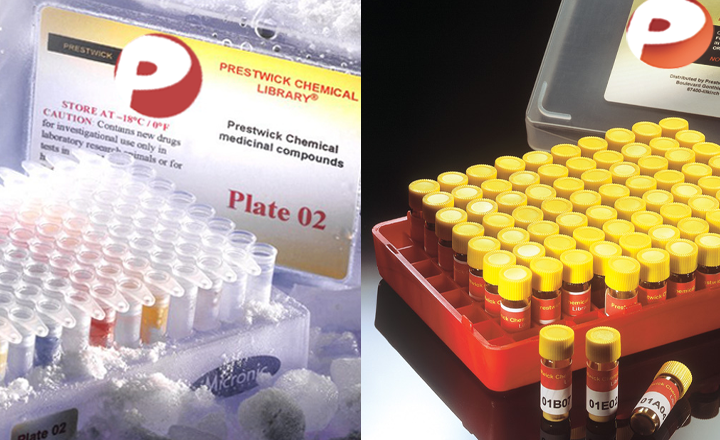Identification of Specific Pluripotent Stem Cell Death-Inducing Small Molecules by Chemical Screening
Conesa C, Doss MX, Antzelevitch C, Sachinidis A, Sancho J, Carrodeguas JA
Stem Cell Reviews and Reports - vol. 8 116-127 (2012)
Stem Cell Reviews and Reports
A potential application of embryonic and inducible pluripotent stem cells for the therapy of degenerative diseases involves pure somatic cells, free of tumorigenic undifferentiated embryonic and inducible pluripotent stem cells. In complex collections of chemicals with pharmacological potential we expect to find molecules able to induce specific pluripotent stem cell death, which could be used in some cell therapy settings to eliminate undifferentiated cells. Therefore, we have screened a chemical library of 1120 small chemicals to identify compounds that induce specifically apoptotic cell death in undifferentiated mouse embryonic stem cells (ESCs). Interestingly, three compounds currently used as clinically approved drugs, nortriptyline, benzethonium chloride and methylbenzethonium chloride, induced differential effects in cell viability in ESCs versus mouse embryonic fibroblasts (MEFs). Nortriptyline induced apoptotic cell death in MEFs but not in ESCs, whereas benzethonium and methylbenzethonium chloride showed the opposite effect. Nortriptyline, a tricyclic antidepressant, has also been described as a potent inhibitor of mitochondrial permeability transition, one of two major mechanisms involved in mitochondrial membrane permeabilization during apoptosis. Benzethonium chloride and methylbenzethonium chloride are quaternary ammonium salts used as antimicrobial agents with broad spectrum and have also been described as anticancer agents. A similar effect of benzethonium chloride was observed in human induced pluripotent stem cells (hiPSCs) when compared to both primary human skin fibroblasts and an established human fibroblast cell line. Human fibroblasts and hiPSCs were similarly resistant to nortriptyline, although with a different behavior. Our results indicate differential sensitivity of ESCs, hiPSCs and fibroblasts to certain chemical compounds, which might have important applications in the stem cell-based therapy by eliminating undifferentiated pluripotent stem cells from stem cell-derived somatic cells to prevent tumor formation after transplantation for therapy of degenerative diseases.


